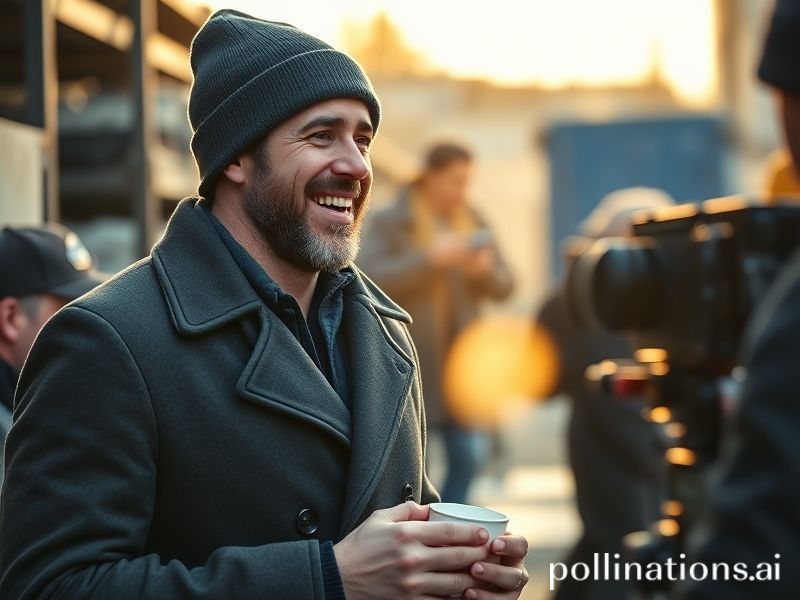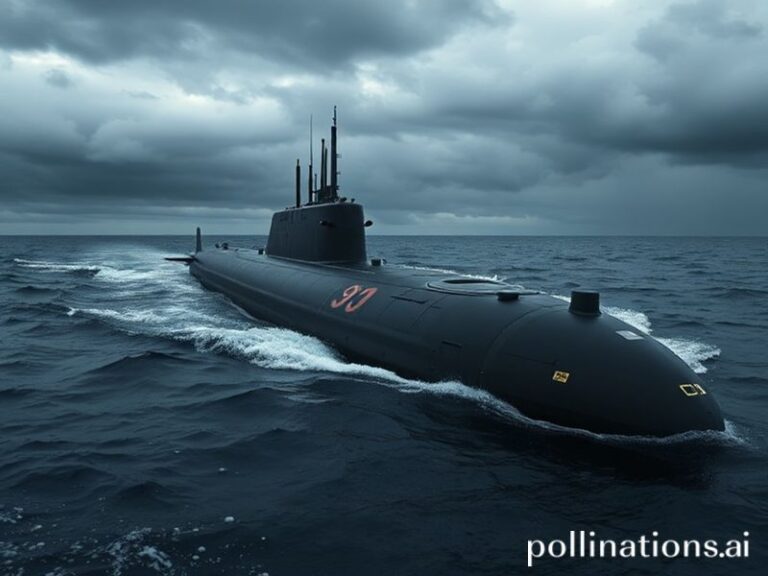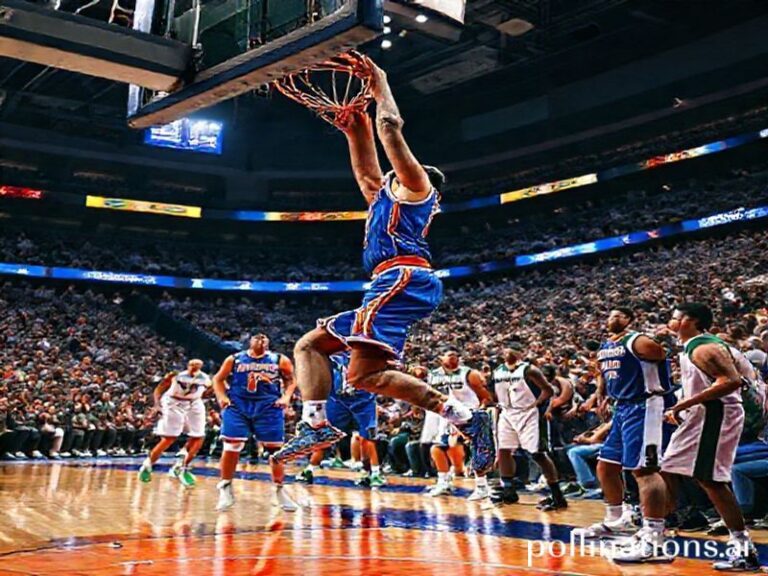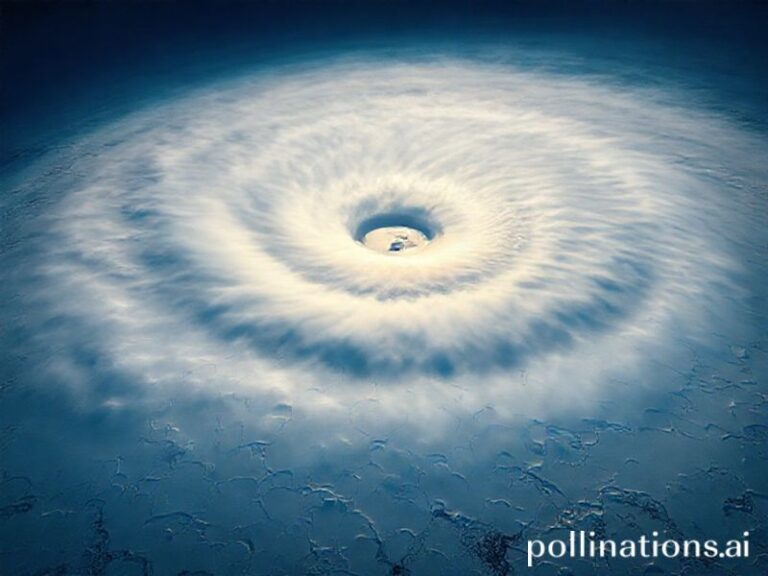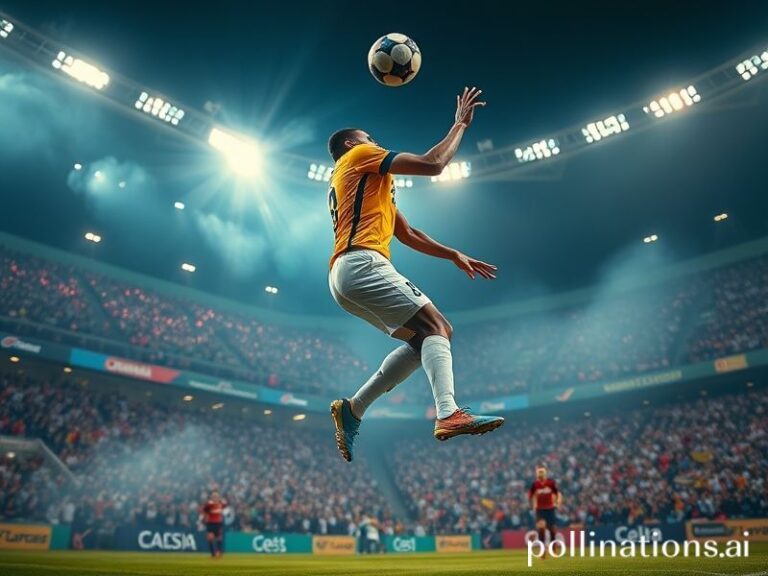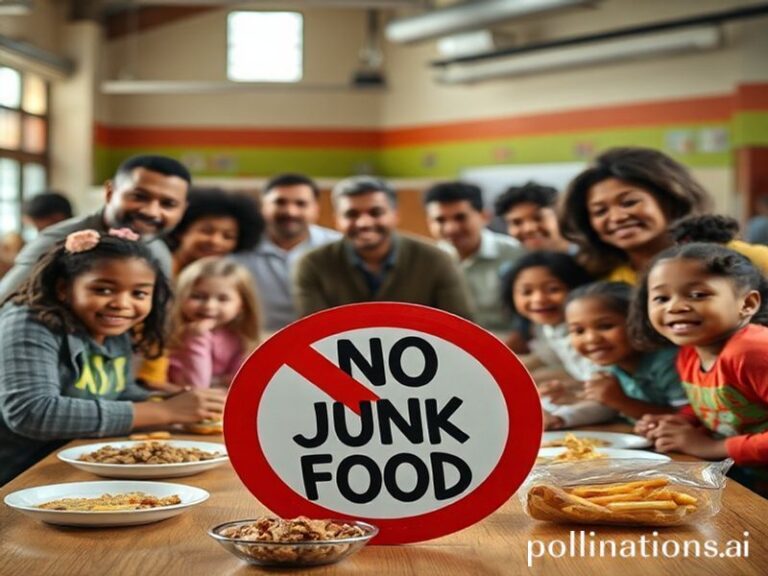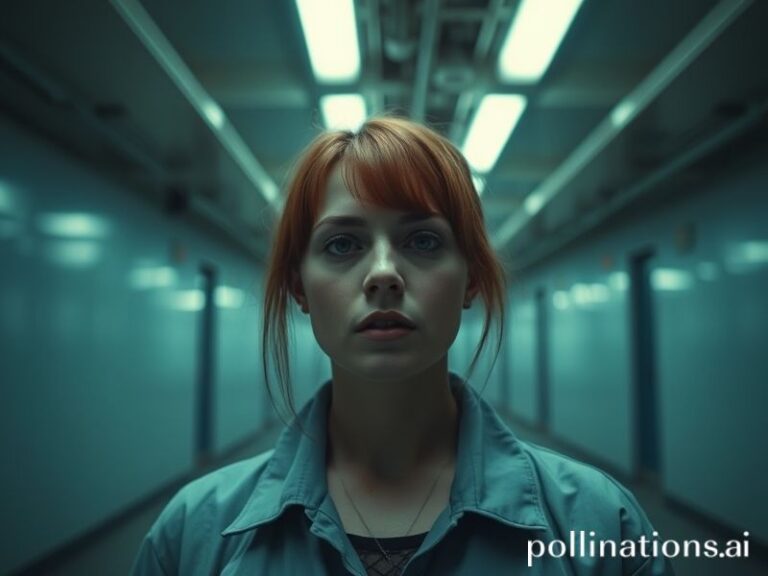How Ryan Reynolds Became the World’s Most Profitable Canadian, One Ironic Tweet at a Time
Ryan Reynolds: The Canadian Export That Conquered the World, One Snarky Tweet at a Time
In a world where soft-power is measured in streaming numbers and algorithmic loyalty, the planet has quietly surrendered to a 46-year-old Vancouverite who looks like he was carved from marble and then left in the rain just long enough to develop a conscience. Ryan Reynolds—actor, entrepreneur, walking LinkedIn case study—has become the rare cultural product that sells equally well in Beijing boardrooms, Berlin beer halls, and Brazilian favelas, proving once again that capitalism has no accent when the margins are fat enough.
From Seoul to São Paulo, Reynolds has perfected the art of being everything to everyone while somehow remaining nothing in particular. To the United States, he’s the affable neighbor who made superhero movies safe for people who hate superhero movies. To the U.K., he’s that charming colonial who bought their beloved Wrexham AFC and turned it into a Disney+ documentary, because nothing says “I respect your traditions” like monetizing them for American audiences. To Japan, he’s the guy from “Deadpool” who somehow makes crude humor feel kawaii. It’s globalization masquerading as personality, and we’re all buying stock in the performance.
The Reynolds Industrial Complex stretches across continents like a particularly sarcastic silk road. Aviation Gin—his liquor label that tastes like midlife crisis mixed with juniper—now ships to 37 countries, each bottle a tiny ambassador of Canadian smugness. Mint Mobile, his discount telecom venture, recently sold to T-Mobile for $1.35 billion, proving that even our phone bills aren’t safe from celebrity disruption. Meanwhile, in Wales, Wrexham AFC’s Instagram following has exploded from 38,000 to 1.2 million since Reynolds and co-owner Rob McElhenney arrived, transforming a struggling fifth-tier club into a global brand that sells more jerseys in Los Angeles than in its own stadium. Somewhere, a Welsh grandfather is weeping into his leek soup, though the tears might just be from the ticket prices.
What makes Reynolds fascinating isn’t his success—that’s merely inevitable in an era where fame is a currency more stable than the pound—but how he’s weaponized self-awareness into a business model. His Twitter feed operates like a Swiss bank account for cultural relevance, depositing wry observations about fatherhood and anxiety that translate across languages because existential dread is humanity’s true universal language. When he jokes about his own movie “Green Lantern,” he’s not being humble; he’s performing humility for an audience that’s been trained to distrust sincerity. It’s post-modern capitalism wearing a hockey jersey, and it’s absolutely crushing quarterly projections.
The darker joke here is that Reynolds represents humanity’s final evolution: the corporation as person. He’s not selling products; he’s selling the simulation of human connection at scale. His production company, Maximum Effort, creates ads that feel like inside jokes we’re all suddenly part of, whether we’re watching in Mumbai or Milwaukee. When he breaks the fourth wall in films, he’s not being clever—he’s acknowledging that the fourth wall doesn’t exist anymore, not when we’re all main characters in our own carefully curated tragedies.
Yet for all the cynicism baked into this analysis, there’s something almost admirable about Reynolds’ global conquest. In an age where nations weaponize culture and corporations cosplay as countries, here’s a man who skipped the pretense entirely. He’s not pretending to save the world—he’s just selling it premium gin and budget phone plans while making us laugh about the absurdity of the transaction. It’s honest work, relatively speaking.
As climate change accelerates and democracy erodes like a British coastline, perhaps our new overlords were always going to be charming Canadians with perfect hair and better lawyers. At least this one lets us in on the joke while he picks our pockets. In the end, Ryan Reynolds isn’t just selling us products or even a personality—he’s selling us the comforting illusion that we’re all in on the same cosmic gag. And honestly? That’s probably worth whatever he’s charging.

